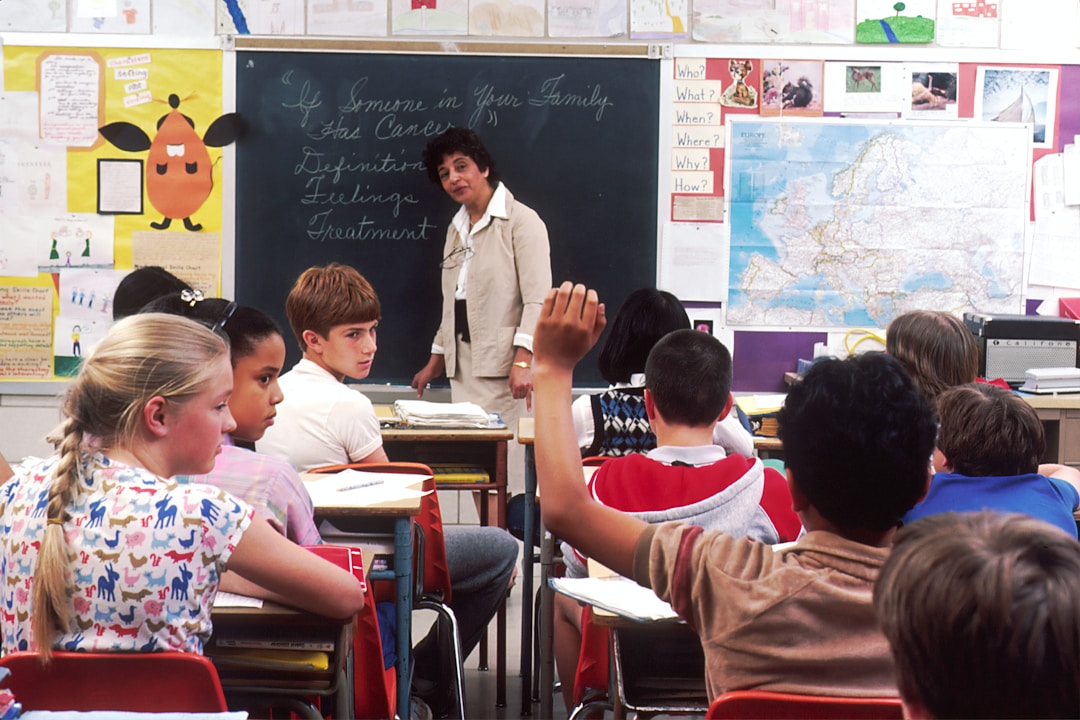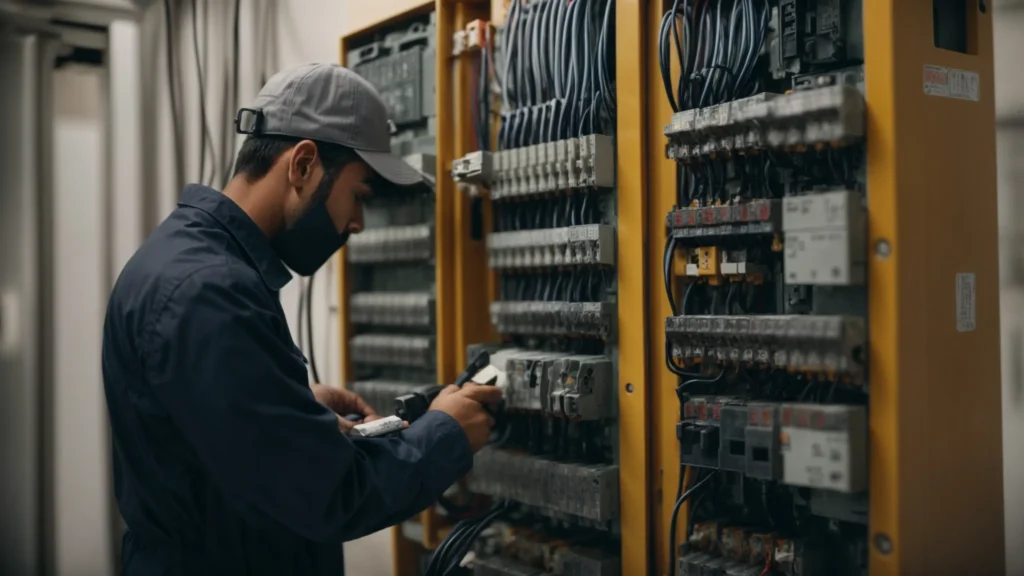A Guide for Parents: Choosing the Right Preparatory Elementary School for Your Child
Choosing the right preparatory elementary school for your child is an important decision that will influence their academic trajectory and personal development. The right environment can foster a love for learning, build a solid educational foundation, and broaden your child’s horizons. With numerous factors to consider, finding an institution that aligns with your child’s needs and your family’s values is essential. Below, we will explore key considerations for selecting a school that sets your child on the path to success.
Practical Steps in the Preparatory Elementary School Selection Process

Starting the selection process can be as simple as listing what you value most in an educational setting and identifying the key factors contributing to your child’s growth and success. Consider your child’s unique learning style, interests, and special needs to ensure they receive the best possible support. To stay organized, create a checklist of essential features, such as strong academic programs, modern facilities, diverse extracurricular activities, and a positive school culture that aligns with your priorities and values. Evaluating these aspects carefully will help you make an informed decision and find a school that truly meets your child’s needs.
Research is key when selecting a preparatory Elementary school. To gather information, visit school websites, read reviews, and attend open houses. Observe the interactions between teachers and students and pay attention to the school’s overall atmosphere.
Engaging directly with the school administration, teachers, and other parents will allow you to ask specific questions and gain insights from different perspectives. It’s important to understand the experiences of current students and parents to inform your decision. Such interactions can also reveal the level of community involvement and parental engagement at the school.
Don’t discount the value of your intuition. After considering all the tangible factors, reflect on where you and your child felt most comfortable and welcome. An environment where your child feels secure and eager to learn may ultimately be the most significant indicator of the right school choice.
Evaluating the Academic Curriculum and Teaching Philosophies

Understanding their academic curriculum and teaching philosophies is crucial when evaluating preparatory elementary schools. An engaging and challenging curriculum fosters a child’s cognitive development and can greatly affect their academic future. Parents should look for a comprehensive curriculum that offers fundamental skills in literacy and numeracy and exposure to the arts, sciences, and technology.
A school’s teaching philosophies reveal much about its educational priorities and approach. Progressive teaching methods that emphasize hands-on learning and collaboration can help prepare children for the demands of the 21st-century workforce. Meanwhile, traditional approaches focusing on core subjects and individual achievement may suit families seeking a more structured educational experience.
Technology integration in the classroom can prepare students for a digital world, yet its role should be balanced with hands-on experiences and interpersonal interactions. Innovative schools often incorporate technology to enhance learning rather than replace traditional teaching methods. It’s important to affiliate your child with a school that maintains this balance.
Furthermore, inquiry-based learning and critical thinking should be at the core of a school’s curriculum. Learning how to learn, questioning the status quo, and solving problems creatively are skills that will benefit children throughout their educational journey and beyond. Inquire about the school’s strategies for developing these competencies in their students.
Assessing School Facilities and Extracurricular Activities
School facilities play a significant role in a child’s overall learning experience. Modern, well-maintained classrooms with the necessary resources provide a conducive environment for effective learning. Laboratories, libraries, and sports facilities enhance the curriculum and offer children avenues to explore their interests and talents.
Extracurricular activities are equally essential to develop a child’s social skills, leadership qualities, and self-esteem. Schools offering a variety of clubs, sports teams, and art programs enable students to pursue their passions outside the classroom. This well-rounded approach to education helps cultivate a diverse set of skills and interests.
It’s also important to consider the safety and accessibility of the school’s facilities. Safe playgrounds, secure perimeters, and emergency protocols are fundamental for students’ well-being. Accessibility for all children, including those with disabilities, ensures inclusivity and equality in the school environment.
Overall, choosing the right preparatory elementary school requires careful consideration of academic programs, teaching philosophies, facilities, and extracurricular opportunities. By prioritizing a nurturing and stimulating environment that aligns with your child’s needs, you can set the foundation for their academic success and personal growth.






